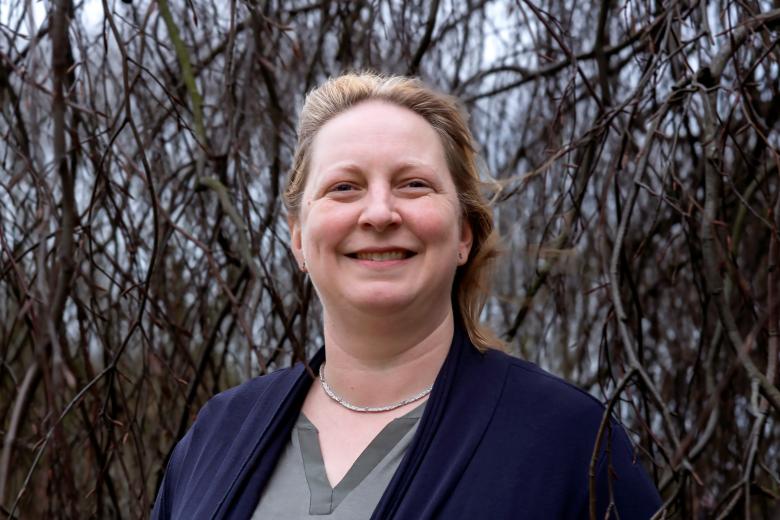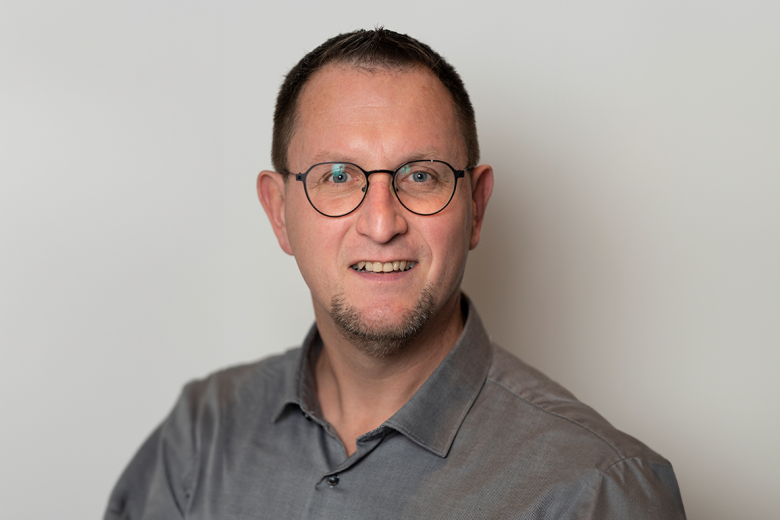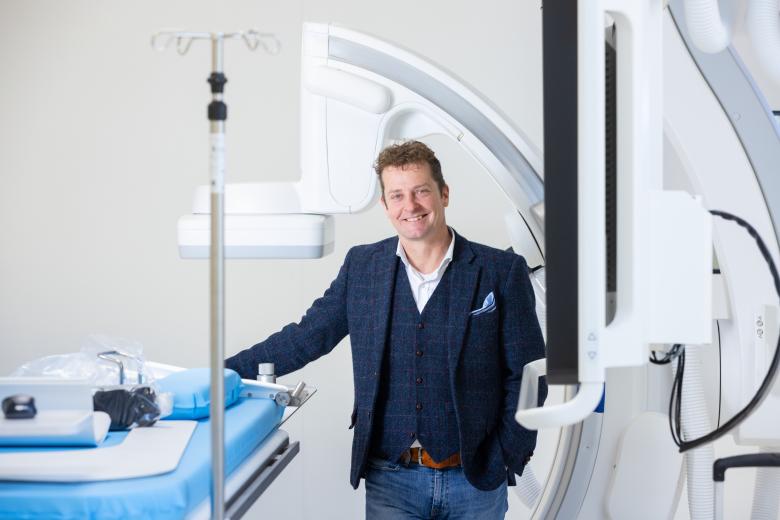NWO Vidi grant for physicist Keri Vos
Keri Vos (Maastricht University/Nikhef) has received an NWO Vidi grant for her work on precision studies of heavy ‘beauty’ particles, NWO announced on Thursday. These studies can help solve the mystery of the missing antimatter in the universe.
Vos hopes to find currently unknown particles or forces that may explain why the universe is dominated by matter, while antimatter is absent. With the Vidi grant, Vos will study the decay of heavy beauty particles with extreme precision. She will do so by combining measurements from the LHCb experiment at CERN’s particle accelerator with improved theoretical predictions.
Inexplicable differences still exist between theoretical calculations and experimental observations of the decay of beauty particles. These could be signs of new particles, but researchers cannot be sure until they perform more studies. Vos will do so in close collaboration with experimental physicists from the LHCb experiment. This will allow them to get the most out of available and future data.
Vos: "I am incredibly grateful for this opportunity. This grant will allow me to set up my own research group at the interface between theory and experiment. I can't wait to get started with my team and to learn more about the matter around us."
Vos is part of the Gravitational Waves and Fundamental Physics group at Maastricht University, the LHCb experiment at CERN and the LHCb and theory group at Nikhef, the National Institute for Subatomic Physics.
NWO awarded a total of 97 Vidi grants of up to EUR 800,000 each. These grants will allow laureates to develop an innovative line of research over the next five years.
Vos: "I am incredibly grateful for this opportunity. This grant will allow me to set up my own research group at the interface between theory and experiment. I can't wait to get started with my team and to learn more about the matter around us."
Vos is part of the Gravitational Waves and Fundamental Physics group at Maastricht University, the LHCb experiment at CERN and the LHCb and theory group at Nikhef, the National Institute for Subatomic Physics.
NWO awarded a total of 97 Vidi grants of up to EUR 800,000 each. These grants will allow laureates to develop an innovative line of research over the next five years.
With thanks to Nikhef in making this post
Also read
-
Working at UM: “a life-changing experience”
"I am proud that our new Circular Plastics group published its first completely in-house research," Kim Ragaert says. She founded the research group three years ago, when she moved to Maastricht. Her work has laid the foundations for many innovations in the field of plastic recycling, and she is...

-
How does the universe taste?
Gerco Onderwater investigates the flavour of the universe while guarding the flavour of the Maastricht Science Programme. On 31 May, during his inaugural lecture, he provided a pre-taste of his work in Maastricht.

-
Bridging the gap between technology and clinical practice
Lee Bouwman, a vascular surgeon and endowed professor of Clinical Engineering, specialises in the implementation of groundbreaking healthcare technologies. The key to success, he says, lies in the collaboration between engineers and clinicians. This approach has already resulted in a range of...
